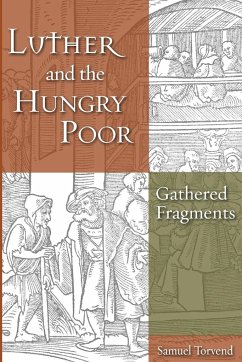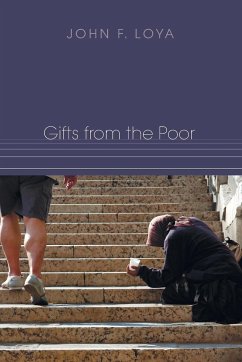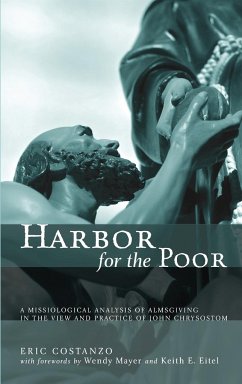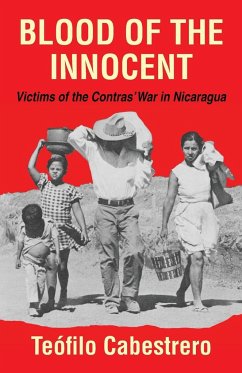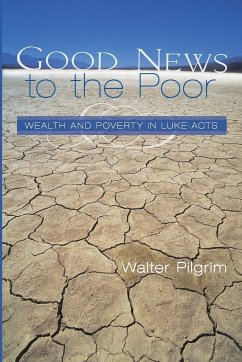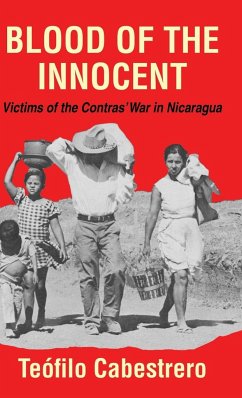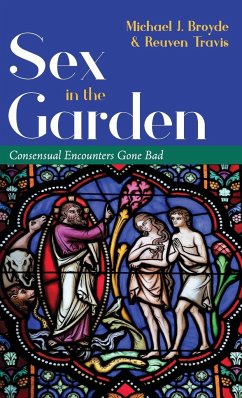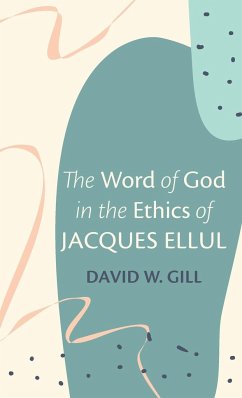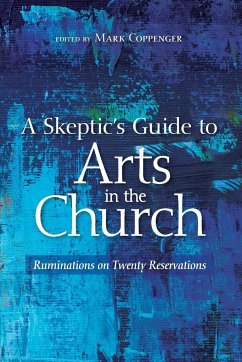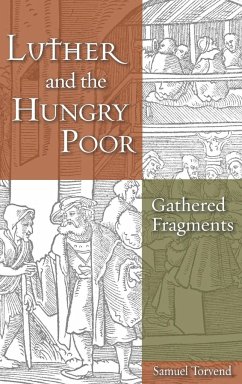
Luther and the Hungry Poor

PAYBACK Punkte
19 °P sammeln!
Martin Luther lived in a society in which malnourishment and hunger were widespread. Samuel Torvend estimates ""that at least fifty if not sixty-five percent of the population were living on the edge of subsistence, unsure each day as to where they would find an adequate supply of food to feed themselves and family members."" In the midst of astounding wealth, the present time also witnesses much hunger and malnourishment throughout the world. Torvend claims that Luther, usually considered a reformer of theology, was committed to the reform of society. His theological project issued forth in a...
Martin Luther lived in a society in which malnourishment and hunger were widespread. Samuel Torvend estimates ""that at least fifty if not sixty-five percent of the population were living on the edge of subsistence, unsure each day as to where they would find an adequate supply of food to feed themselves and family members."" In the midst of astounding wealth, the present time also witnesses much hunger and malnourishment throughout the world. Torvend claims that Luther, usually considered a reformer of theology, was committed to the reform of society. His theological project issued forth in a social ethic that addressed the growing incidence of hunger and homelessness in his own time. Yet as Luther's fragmentary writings demonstrate, this theological and ethical project was, and continues to be, communicated through the practice of the reformed Mass. Torvend shows that Martin Luther was keenly aware of the needs of the poor. Along with all major interpreters, he too finds the center of Luther's theology in the concept of God's ""alien righteousness,"" the justification of the sinner by God's sheer grace through faith. But he demonstrates that this conviction had profound implications for Luther's understanding of the Christian life. The baptized were made free to live in this world as the ""sacrament"" of the living Christ, to engage this world as Christ had engaged the world of his time.





